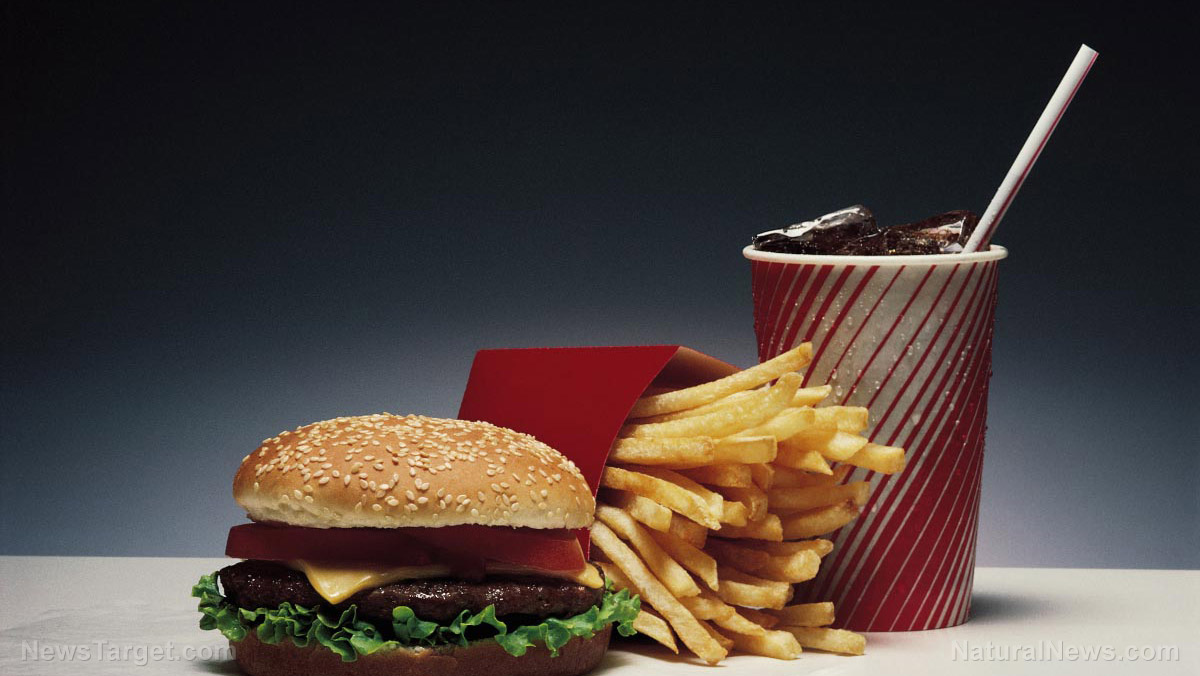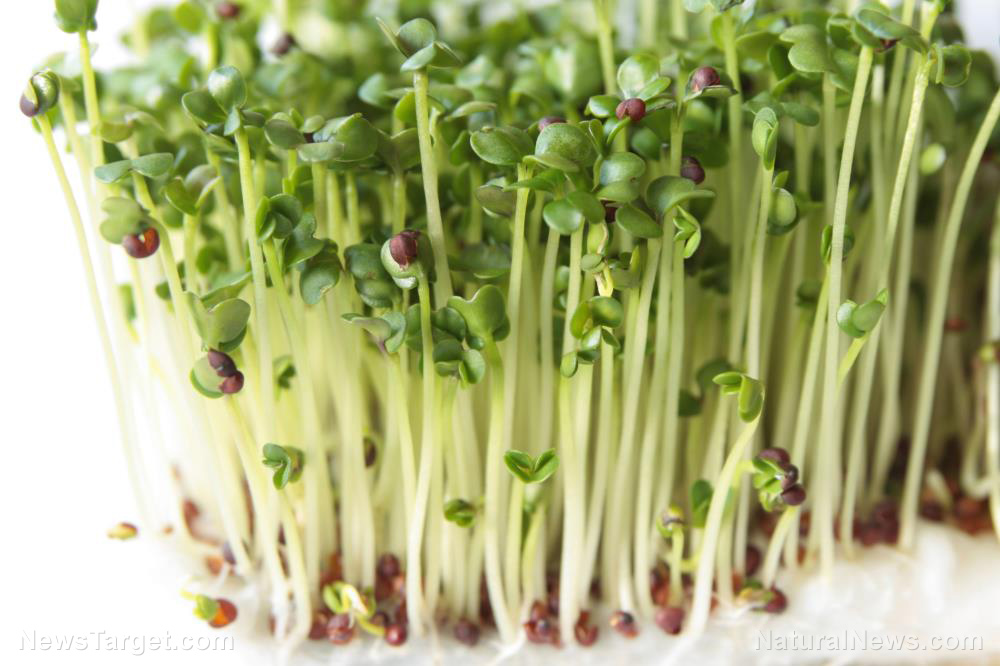Common food additive in ultra-processed foods no longer considered safe by the European Food Safety Authority
06/21/2021 / By Divina Ramirez

Titanium dioxide, an additive found in over 3,000 ultra-processed foods, can cause DNA damage and mutations, reported a recent study by a panel formed by the European Food Safety Authority (EFSA).
Published in May in the EFSA Journal, the review assessed hundreds of studies on the infamous food additive. The panel couldn’t determine a safe level of exposure to titanium dioxide, which led them to conclude that it is not safe for use in foods. The EFSA is currently reviewing the safety of other chemical additives used by the food industry.
Ubiquitous food additive no longer considered safe
Titanium dioxide is a white pigment commonly used in processed foods. Many popular brands, including Jell-O, Skittles and Sour Patch Kids, use titanium dioxide to color their products. The additive is extracted through a process that makes use of sulfate or fluoride. When used in foods, it gives the product a smooth texture on the tongue. Titanium dioxide is also what makes toothpaste, sunscreen and other personal care products white.
In 1969, the United States Food and Drug Administration (FDA) approved the use of the additive as a colorant. But this approval hasn’t been reviewed since. The FDA doesn’t routinely review its approval of synthetic ingredients added to foods even when new studies emerge, unlike the Department of Agriculture (USDA).
Experts don’t know for sure why some manufacturers still use additives in ultra-processed foods. However, it’s safe to assume that they’re being used to opacify products like sugar-coated candy, said Aurora Meadows, a nutritionist with the Environmental Working Group (EWG), a nonprofit research organization.
For example, Skittles uses titanium dioxide the same way a primer is used on a wall before it is coated with paint. The wall is primed to ensure better adhesion of paint to the surface and for better paint durability. Skittles makes use of titanium dioxide in the same manner. This is why you may see a white or opaque layer if a color-coated candy gets chipped, said Meadows.
Unfortunately, candies and ultra-processed snacks aren’t the only products that contain titanium dioxide. Low-fat or fat-free salad dressings, dairy products, pet foods and other confections also contain titanium dioxide.
Interestingly, some pet stores have actually banned the sale of pet foods and products that contain the additive long before the EFSA released its report. Petco, a popular pet store chain in the U.S., stopped selling pet foods with titanium dioxide in 2019.
“It’s hard to stomach that my cat is more protected than my son,” said Meadows.
Nonetheless, Meadows said the review has its limitations. For one, it didn’t include studies that looked at the impact of increased exposure to titanium dioxide over time. The review also lacked studies on titanium dioxide’s potential to cause cancer or increase an individual’s risk of cancer.
In 2006, the International Agency for Research on Cancer (IARC) declared that titanium dioxide is “possibly carcinogenic to humans,” citing sufficient evidence from animal studies. Studies on rats had linked inhalation of titanium dioxide particles to increased lung tumors.
The EWG has called on the FDA to reevaluate the safety of using titanium dioxide following the EFSA report. The FDA currently allows over 10,000 synthetic chemicals to be added to food products. Despite the lack of response from the FDA, the EFSA review gives people some extra incentive to ditch unhealthy, ultra-processed foods. (Related: Processed food IS fast food, and you don’t really know how bad it is.)
Learn more about harmful additives found in foods at Ingredients.news.
Sources include:
Tagged Under: clean food watch, discoveries, food additives, food safety, franken food, Genetic Mutations, research, Titanium Dioxide, toxic chemicals, toxic foods, toxic ingredients
RECENT NEWS & ARTICLES
COPYRIGHT © 2017 FOOD SCIENCE NEWS





















